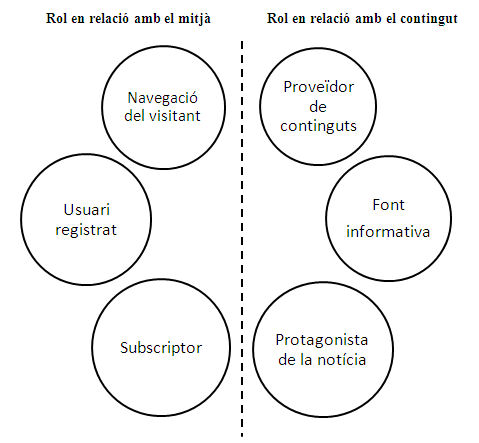El dret a l’oblit davant l’accés a la memòria periodística: drets en conflicte en la gestió de la informació de l’hemeroteca digital
Characterised by its elimination of time boundaries, its attribution of value to personal data and the possibilities it offers for transferring that data to third countries or international organisations, the singular nature of our digital media landscape is highlighting the importance of data protection and our so-called right to be forgotten. This is seen in the adaptation of legal regimes governing the Internet but also in the EU case-law being written to balance these rights and others, such as the right to freedom of expression and information. As earlier studies have already shown (e.g., Pauner, 2015), the difficulty of striking this balance has become evident in the arena of digital newspaper and journal archives, where freedom of information and also journalistic exemption from statutory provisions play an important role in storing and retrieving news data. The article contributes to the ongoing study of how personal data protection rights are being affected by the information management practises of such archives by reviewing recent case-law. It also examines the privacy policies and terms and conditions agreements published by the biggest digital newspapers and evaluates how far these are being tailored to meet the challenge of protecting personal data privacy in today’s society. The results reveal a lack of specific guidelines in the terms and conditions agreements published by such archives on their use of personal data.

